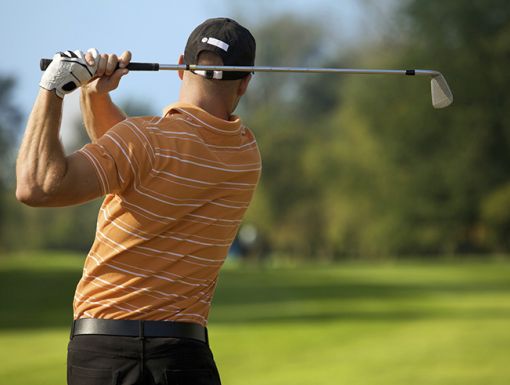
Concussion Advice for Athletes
The start of this year’s football season brings an increased focus on protecting players at all levels from experiencing a concussion. A controversial topic, concussions have been a heated debate over the years with new guidelines now mandated by several athletic organizations.
Concussions are much more serious than just “getting your bell rung” or “seeing stars.” It is a brain injury that occurs when the brain bumps against the skull through an external force such as a linebacker tackling a quarterback or falling from a bicycle. The force of the impact can cause “tearing or twisting” of neuronal structures in the brain which then causes a breakdown in the normal flow of messages within the brain.
In fact, many concussion sufferers, especially high school athletes, take weeks to recover.
The truth about concussions
According to the Centers for Disease Control, 20 percent of all athletes involved in contact sports experience a concussion each season with the majority occurring at the high school level.
One myth about concussions is that you have to be “knocked out”’ In fact, less than 20 percent of individuals who incur a concussion have associated loss of consciousness. Some people actually suffer a concussion and never realize it because their symptoms may go unnoticed.
Look for the symptoms
- Headaches
- Fatigue
- Sleep cycle disruption
- Emotional lability (e.g. excessive irritability) or overly-flattened affect
- Sensitivity to light and/or noise
- Nausea or vomiting
- Dizziness or imbalance
- Disruption of memory, attention, and/or concentration
- Difficulty with problem solving or slowed processing speed
If a concussion patient experiencing seizures, repeated vomiting, slurred speech or declining mental status, such as difficulty in being awakened, the patient should seek emergency medical assistance as soon as possible.
Take proper time to recover
- Rest the brain – it is just as important as resting the body.
- Reduce cognitive stressors such as TV, texting, computer usage, reading, video gaming, or other activities that increase the brain’s metabolism so that it can adequately heal.
- Take a full recovery and complete an appropriate graduated return to play protocol before returning to any sports activity.
- Repeated head injuries following an initial concussion – and before adequate brain healing - can be quite serious, resulting in worsening or exacerbation of the patient’s symptoms, prolonging one’s recovery course, or even death in the case of second impact syndrome.
See a medical provider trained in concussion management
It is important to be monitored by a medical provider trained in the management of concussions in order to determine when it is safe to return to play.
To ensure that local high school athletes do not return to the playing field too soon, participate in baseline neurocognitive testing utilizing ImPACT testing.
Baseline testing allows for an individualized comparison of cognitive functioning – reaction time, memory and processing speed – specific to each athlete in the event of a concussion. ImPACT is a computerized evaluation system used by numerous professional and collegiate athletic teams which focuses on the potential cognitive effects a concussion can have upon the brain.
This is just one tool in the toolbox of a concussion specialist’s evaluation, which should also include a review of each patient’s concussion-related symptomatology, a full neurologic examination and balance testing. All of the components when evaluated together provide the necessary information for an experienced clinician to properly manage a concussion.
Take preventative measures
Not all concussions are preventable, but being prepared and following safety guidelines can help reduce an athlete’s risk. Wear the appropriate gear for the sport you play.
With the abundance of today’s contact and extreme sports, concussions continue to make headlines. Athletes, parents and coaches should all be aware of the warning signs of a concussion and follow the rules and safety guidelines for a sport. When in doubt, sit out. It’s better to miss one game or practice than a whole season.

